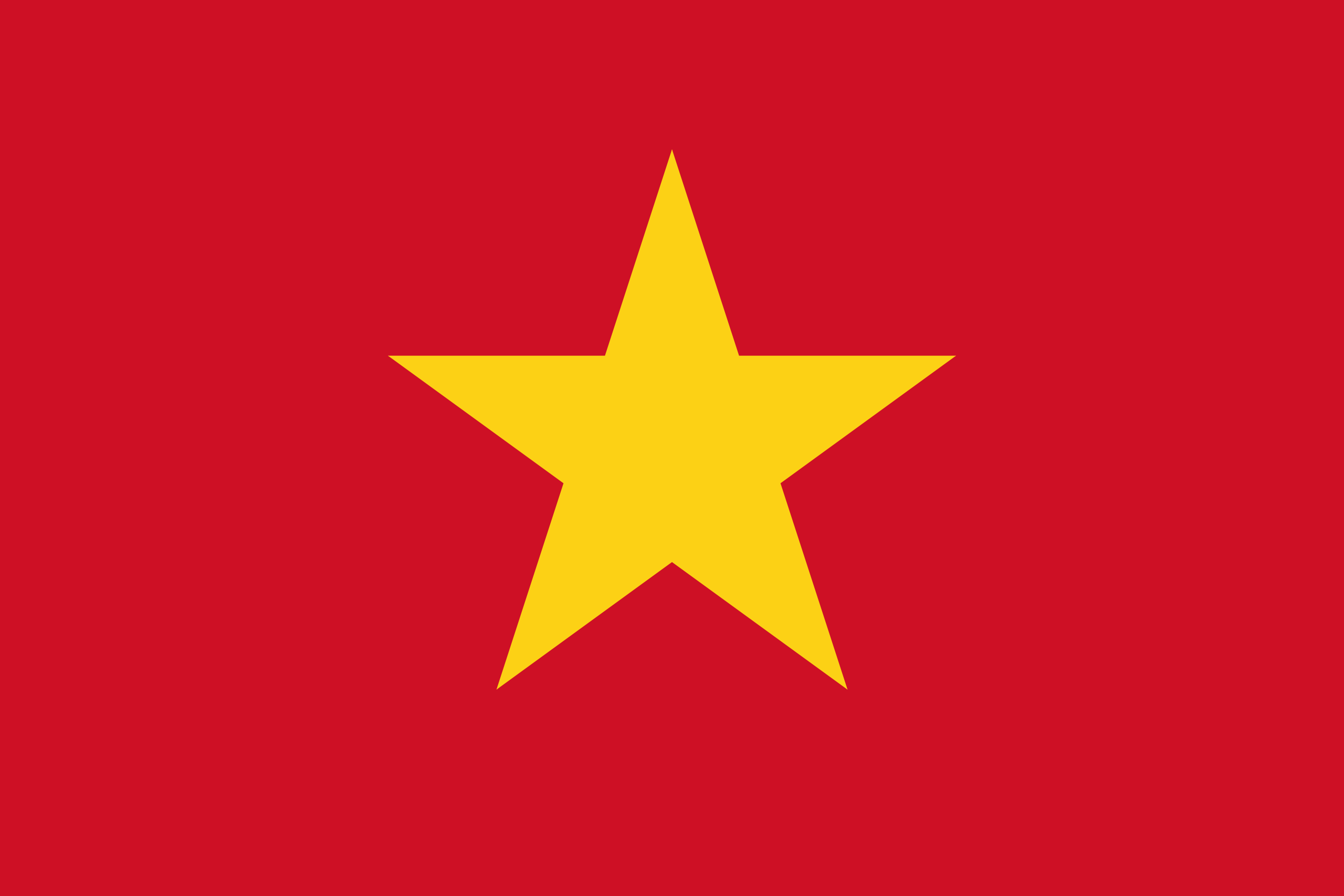top of page


Start a Jonrney in Vietnam
Business Ettiquite in Vietnam
 |  |  |
|---|---|---|
 |  |  |
 |  |  |
 |  |  |
 |  |  |
Meeting
The Vietnamese generally shake hands both when greeting and when saying good-bye. Shake with both hands, and bow your head slightly to show respect. Bow to the elderly who do not extend their hand. Vietnamese women are more inclined to bow their head slightly than to shake hands (ediplomat.com, 2016).
Body Language
-
"Summoning someone with a curled index finger, as is done in the West, is only done by the boss. To beckon someone, extend your arm, palm down, and move your fingers in a scratching motion. Only beckon someone who has a "lower" status than you.
-
Men and women do not show affection in public. However, members of the same sex may hold hands while walking.
-
Always use both hands when passing an object to another person.
-
Touching children on the head is only done by parents, grandparents, etc" (ediplomat.com, 2016).
Corporate Culture
-
"Business cards are usually exchanged when meeting for the first time. Give and receive a business card with both hands.
-
The Vietnamese are generally quite punctual and expect foreigners to be the same. That said, the Vietnamese can be very flexible and accommodating when situations occur that are beyond the control of one of the parties involved (for example, a washed-out street, traffic jam, e.
-
Few Vietnamese speak English well. An interpreter is usually necessary.
-
A foreigner doing business in Vietnam will have to deal with government officials. You may have to go through the same slow procedure dozens of times to obtain the necessary permits to operate a foreign-owned company in Vietnam. Continual, direct contact with the ministry officials responsible for granting or approving your permits and licenses is very important. Difficulties may arise when one official refuses to honor an agreement concluded by another official.
-
Most decisions are made by committee in Vietnam. Individual connections are not as important as in many other Asian countries, because no one holds absolute power to make a decision. You can not rely on one person in a particular organization to safeguard your interests.
-
The Vietnamese willingness to avoid unpleasantness can sometimes lead to great misunderstandings. "Yes" may not mean "yes." When the Vietnamese say "No problem," you can take it to mean "Yes, there is a problem." Double and even triple-check all commitments, and then monitor them closely.
-
Your local partner in Vietnam is very important and should be chosen very carefully.
-
Corruption is widespread. All manners of payoffs, kickbacks and "gifts" are quite common. Be aware that corruption will not only affect your costs, but also may contribute to unexpected delays in delivery and the processing of licenses" (ediplomat.com, 2016).
Dress
-
"The Vietnamese dress very well.
-
For business, men should wear conservative but casual suits and ties" (ediplomat.com, 2016).
Gifts
-
"Flowers are normally given only by men to women.
-
Always wrap a gift in colorful paper.
-
When visiting a Vietnamese home, bring a gift for the hostess. A gift for children or an elderly parent is also appreciated.
-
Give items useful for daily activity, like designer soaps, cosmetics, lamps or framed pictures for the home.
-
Don't give handkerchiefs (symbols of a sad farewell). Most Asians consider the Western habit of using a cloth handkerchief and then returning it to your pocket to be barbaric.
-
In business, give whiskey. Giving a gift in an office setting may be misinterpreted as a bribe. Try to save your business gift giving until you are invited to your colleague's home
-
Women should wear a conservative dress or a businesslike blouse and pants" (ediplomat.com, 2016).
bottom of page